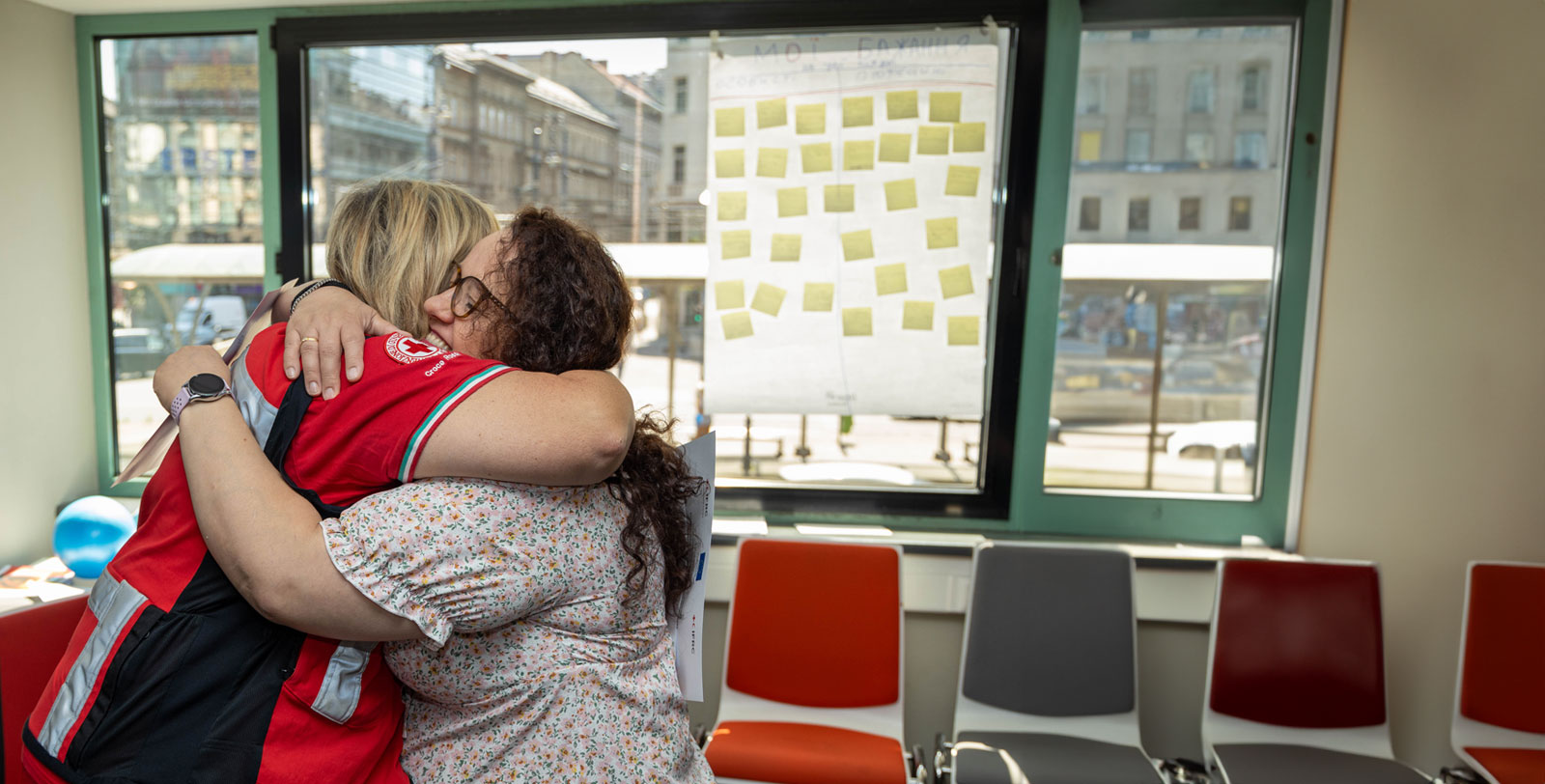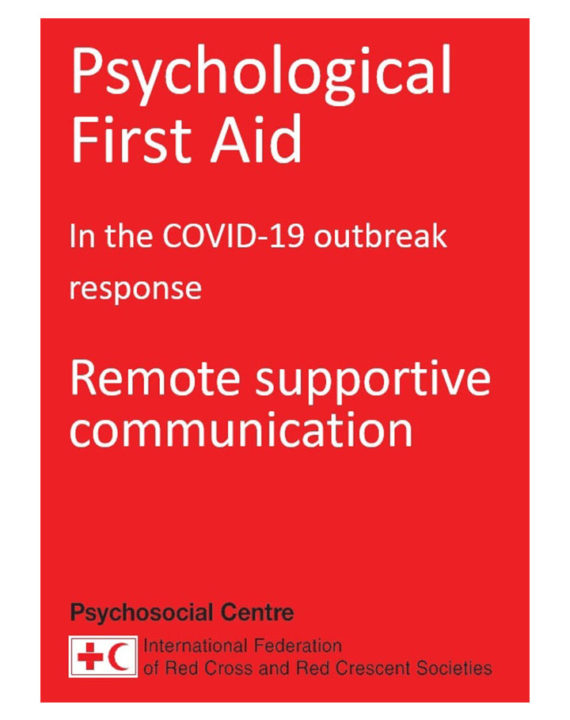Volunteers are impacted by COVID-19 like everyone else worldwide. They worry about being stigmatized by family and community members, fear contracting the virus, having to be in isolation or quarantine, losing colleagues etc. Volunteers may also be affected by witnessing the death of someone they supported or be exhausted by having challenging tasks. To effectively care for and support volunteers involved in a COVID-19 response, National Societies must establish robust volunteer care system to enhance their safety and psychosocial well-being. If not adequately supported, volunteers may experience stress responses that could have a long-term negative impact on their psychological well-being. How volunteers cope with the impact of stressors related to corona virus responses will depend on their personal resources and resilience as well as the supports at home, in the community and organization. Furthermore, if not supported poor performance, high turnover and disillusionment among volunteers are to be expected. This guidance note is a quick reference tool for National Societies to provide effective care and support to volunteers during the different phases of a COVID-19 response. More in-depth guidance can be found in the resolution and policy and the key IFRC Reference Centre for Psychosocial Support materials available:
- Guidelines for Caring for Staff and Volunteers in Crises
- Remote Psychological First Aid during the COVID-19 outbreak Interim guidance – March 2020
- Key actions on caring for volunteers in COVID-19: mental health and psychosocial considerations
- Volunteering in response to COVID-19: spontaneous volunteers
- Caring for Staff and volunteers in the COVID-19 outbreak response






